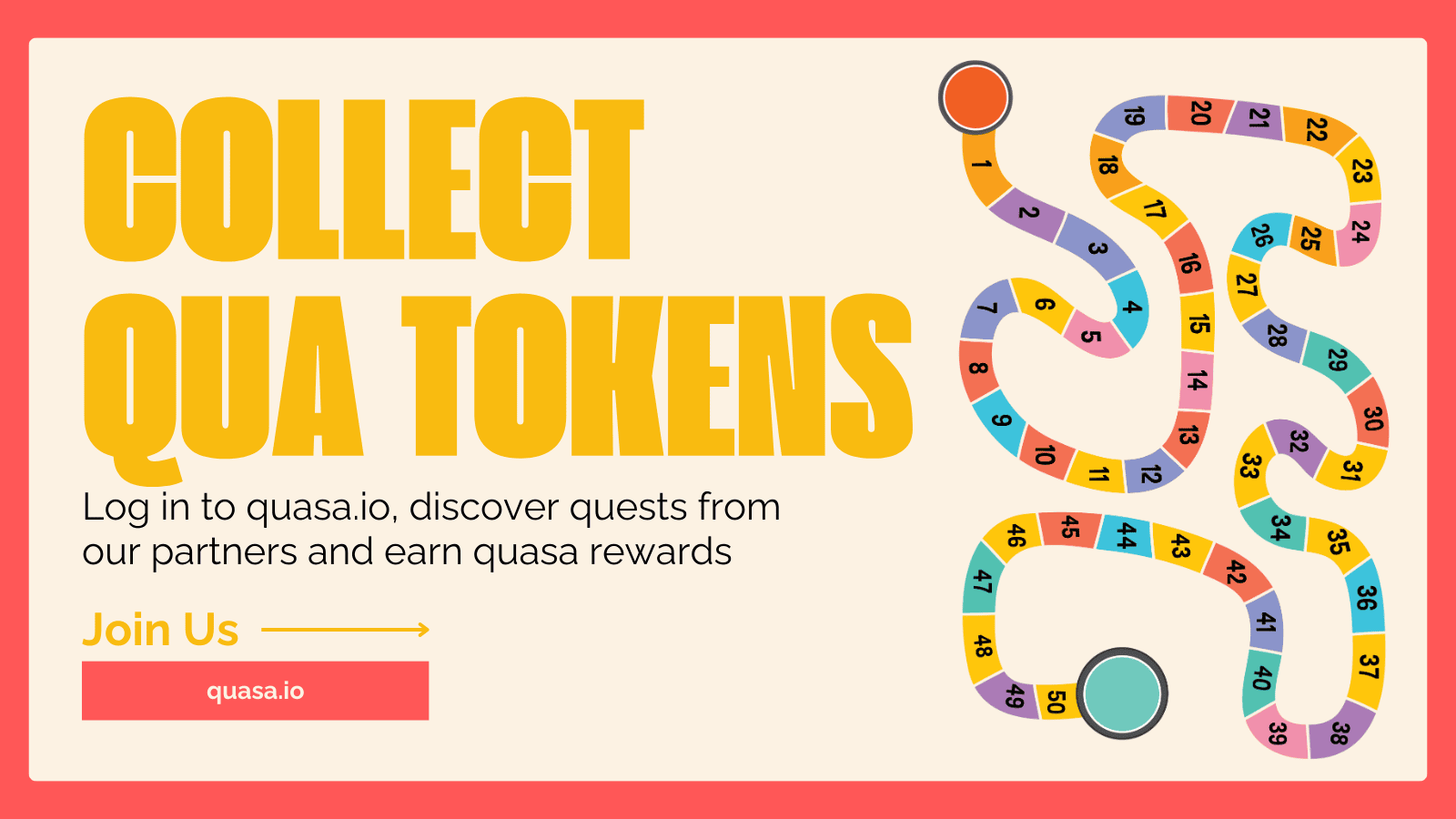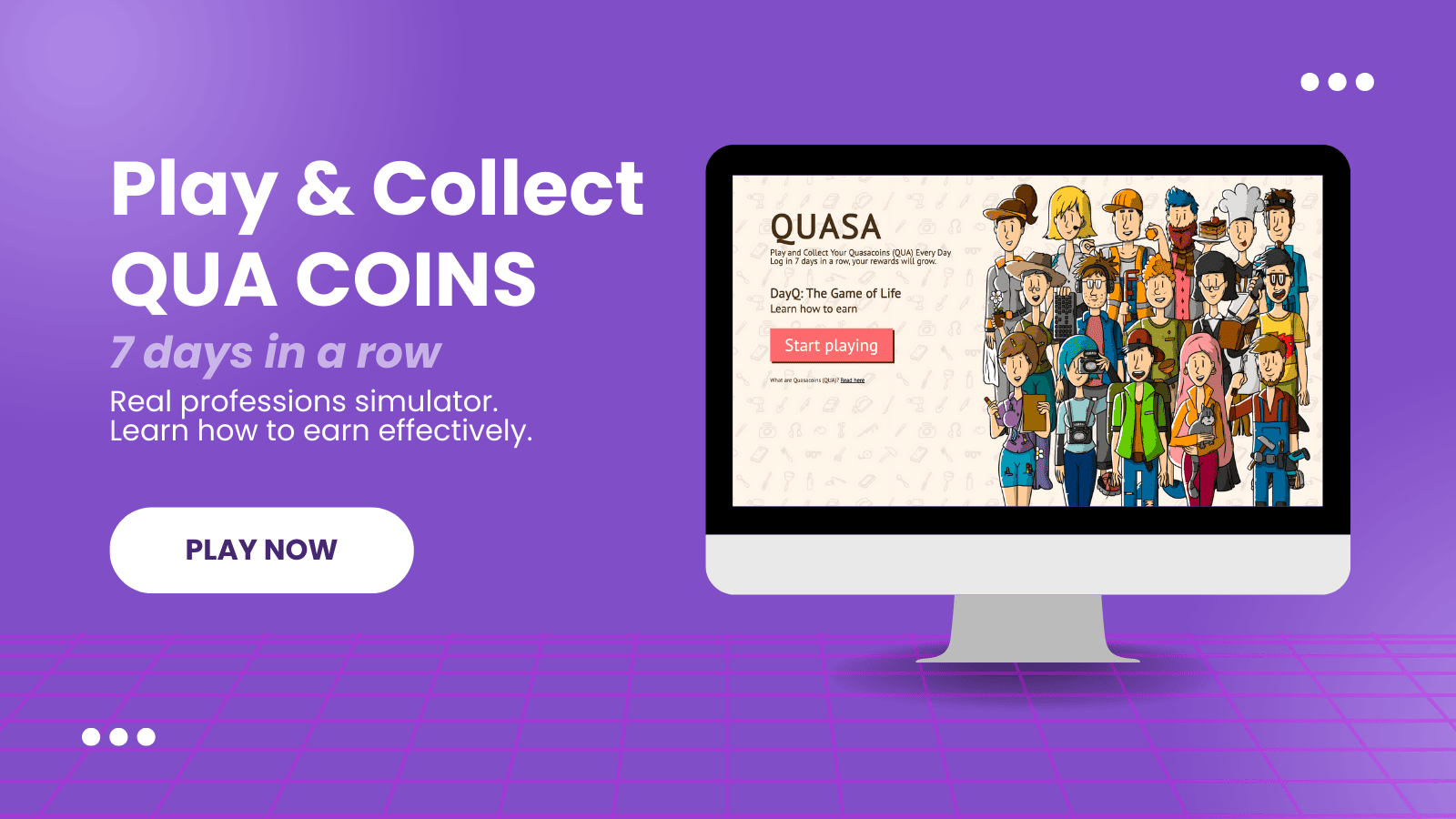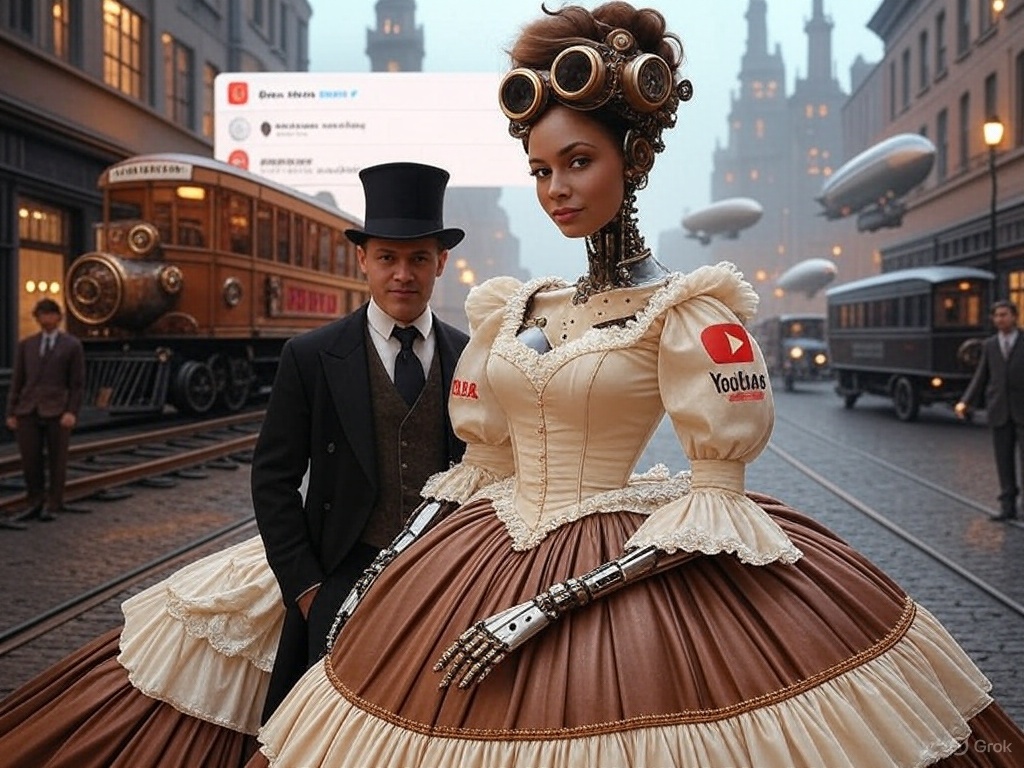The digital landscape is undergoing a seismic shift as the "Zero-Click Era" redefines how we interact with information online.
 Traditional keyword-based search, once the cornerstone of digital marketing, is being upended by AI-driven systems that deliver instant answers directly on search engine results pages (SERPs).
Traditional keyword-based search, once the cornerstone of digital marketing, is being upended by AI-driven systems that deliver instant answers directly on search engine results pages (SERPs).
This transformation has profound implications for established advertising models like Google Ads and Facebook Ads, which are losing profitability as user behavior evolves.
Meanwhile, emerging platforms like Quasa Rewards are flipping the script, paying users for their attention rather than charging them for access—a clear signal that the attention economy and creator economy are taking center stage in this new era.
The Death of Traditional Keyword Search
AI-powered search engines, such as Google’s AI Overviews and platforms like ChatGPT and Perplexity, have fundamentally changed how users seek information. In 2024, nearly 60% of Google searches ended without a click to an external website, with users finding answers directly on the SERP through features like featured snippets, knowledge panels, and AI-generated summaries.
 By 2025, this trend has accelerated, with estimates suggesting that zero-click searches could surpass 70%.
By 2025, this trend has accelerated, with estimates suggesting that zero-click searches could surpass 70%.
The traditional model of keyword-based search, where businesses optimized content to drive clicks and traffic, is becoming obsolete. AI now prioritizes semantic understanding and user intent, delivering synthesized answers that often eliminate the need for further exploration.
This shift has hit content creators and businesses hard. Websites relying on organic traffic for ad revenue or affiliate sales are seeing a 15% to 25% drop in visits, as users no longer need to click through to get what they want.
The days of mastering keyword stuffing or backlink strategies are over; the focus has shifted to creating authoritative, snippet-friendly content that AI can easily parse and display. For many, this feels like a catastrophe—a loss of control over their digital presence and revenue streams.
Google Ads and Facebook Ads: A Profitability Crisis
 The rise of zero-click searches has also eroded the profitability of traditional advertising platforms like Google Ads and Facebook Ads. Historically, these platforms thrived on their ability to drive clicks to external sites, with Google earning over 80% of its revenue from advertising and Facebook nearly 99%.
The rise of zero-click searches has also eroded the profitability of traditional advertising platforms like Google Ads and Facebook Ads. Historically, these platforms thrived on their ability to drive clicks to external sites, with Google earning over 80% of its revenue from advertising and Facebook nearly 99%.
However, as users increasingly stay within the ecosystems of search engines and social media platforms, the effectiveness of these ads has plummeted. Only about 1% of Google search clicks now go to paid ads, a stark contrast to the past when click-through rates (CTRs) for ads were significantly higher.
On social media, platforms like Facebook have long rewarded content that keeps users engaged on-site, further reducing the incentive for brands to drive traffic elsewhere.
The zero-click trend exacerbates an existing problem: ad fraud and diminishing returns. Click farms, domain spoofing, and inflated ad placements have already cost advertisers billions annually—estimates peg the loss at $35 billion due to fraudulent engagement.
As attention becomes scarcer and more fragmented, the cost of capturing it through traditional ads has soared, while the return on investment has dwindled. Marketers are now forced to rethink their strategies, shifting focus from click-driven metrics to measures of influence, such as search impressions and AI reach.
Quasa Rewards: A New Paradigm in the Attention Economy
 Amid this upheaval, platforms like Quasa Rewards are pioneering a revolutionary approach that aligns with the emerging attention economy. In this model, users are no longer the ones paying for access to content or services—instead, they are paid for their attention.
Amid this upheaval, platforms like Quasa Rewards are pioneering a revolutionary approach that aligns with the emerging attention economy. In this model, users are no longer the ones paying for access to content or services—instead, they are paid for their attention.
Quasa Rewards allows advertisers to set a monetary reward for users who visit their websites, effectively flipping the traditional advertising model on its head. This system acknowledges a fundamental truth: in the digital age, human attention is the most valuable currency.
The attention economy, as this new paradigm is called, prioritizes engagement over extraction. Unlike Google Ads or Facebook Ads, which charge advertisers to compete for user clicks, Quasa Rewards incentivizes users directly, creating a more equitable exchange. Advertisers benefit from guaranteed engagement, as users are motivated to interact with their content to earn rewards.
For users, this means earning money for an activity they were already doing—browsing the web—turning passive consumption into a paid opportunity.
 This model also empowers the creator economy, where individuals are rewarded for producing content that captures attention. On platforms like Quasa Rewards, creators can directly monetize their audiences without relying on ad networks that take a significant cut.
This model also empowers the creator economy, where individuals are rewarded for producing content that captures attention. On platforms like Quasa Rewards, creators can directly monetize their audiences without relying on ad networks that take a significant cut.
This democratization of value creation is a stark contrast to the walled gardens of traditional platforms, where algorithms dictate visibility and revenue potential.
As attention becomes the new unit of trade, creators and users alike stand to gain in a system that values their contributions more transparently.
Opportunities in the Creator Economy
 The zero-click era, while challenging, opens up new avenues for brands and creators to thrive. The creator economy is booming as platforms shift from click-driven metrics to engagement-focused strategies.
The zero-click era, while challenging, opens up new avenues for brands and creators to thrive. The creator economy is booming as platforms shift from click-driven metrics to engagement-focused strategies.
Social media platforms like TikTok, YouTube, and Reddit are becoming primary search destinations, especially for younger audiences who prefer conversational, community-driven content over traditional SERPs. Brands that optimize for these platforms—by creating native, engaging content that keeps users within the ecosystem—can capture attention more effectively than through outdated ad models.
 For example, video content has emerged as a powerful tool in the attention economy, with 76% of marketing leaders noting its effectiveness in driving engagement.
For example, video content has emerged as a powerful tool in the attention economy, with 76% of marketing leaders noting its effectiveness in driving engagement.
Creators who produce immersive, emotionally resonant videos can build brand equity without relying on clicks, fostering a discovery mindset among audiences.
Meanwhile, optimizing for AI-driven features like Google’s AI Overviews or featured snippets allows brands to maintain visibility even in a zero-click world. Structured data, conversational content, and topical authority are now key to ensuring that AI systems cite your content as a trusted source.
The Future: Adapting to a New Digital Reality
 The zero-click era marks a turning point in the digital landscape, where the attention economy and creator economy are redefining value creation. Traditional keyword search is fading, and with it, the profitability of Google Ads and Facebook Ads.
The zero-click era marks a turning point in the digital landscape, where the attention economy and creator economy are redefining value creation. Traditional keyword search is fading, and with it, the profitability of Google Ads and Facebook Ads.
Platforms like Quasa Rewards are leading the charge toward a future where users are compensated for their attention, creating a more balanced and sustainable model for digital engagement.
For businesses and creators, the path forward lies in adaptation. Embracing AI crawlability, diversifying content formats, and prioritizing engagement over clicks are essential strategies to stay relevant. The rise of the attention economy demands a shift in mindset—from renting market share through ads to building lasting equity through meaningful connections.
As we navigate this new era, the brands and creators who innovate boldly, focusing on quality engagement and authentic relationships, will emerge as the true winners in the battle for attention.






